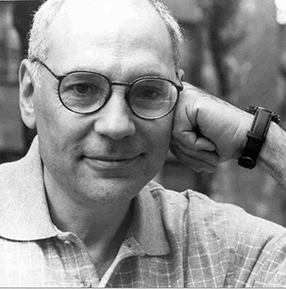Why Do You Love the Poem?
For the sentiment. — Then you don’t love the poem you love the sentiment.
For the message. — Then you don’t love the poem you love the message.
For the music. — Then you don’t love the poem you love the music.
For the spirit. — Then you don’t love the poem you love the spirit.
For the intelligence. — Then you don’t love the poem you love the intelligence.
For the courage. — Then you don’t love the poem you love the courage.
For the inspiration. — Then you don’t love the poem you love the inspiration.
For the emotion. — Then you don’t love the poem you love the emotion.
For the vocabulary. — Then you don’t love the poem you love the vocabulary.
For the poet. — Then you don’t love the poem you love the poet.
For the meaning. — Then you don’t love the poem you love the meaning.
For what it stands for. — Then you don’t love the poem you love what it stands for.
For the words. — Then you don’t love the poem you love the words.
For the syntax. — Then you don’t love the poem you love the syntax.
For the politics. — Then you don’t love the poem you love the politics.
For the beauty. — Then you don’t love the poem you love the beauty.
For the outrage. — Then you don’t love the poem you love the outrage.
For the tenderness. — Then you don’t love the poem you love the tenderness.
For the hope. — Then you don’t love the poem you love the hope.
For itself. — Then you love the poem.
Copyright © 2022 by Charles Bernstein. Originally published in Poem-a-Day on July 27, 2022, by the Academy of American Poets.
“I’d prefer to leave this commentary blank. The kind of poetry I want doesn’t follow rules: it makes up its own rules. Perhaps my commentary needs a commentary? The poem is itself a series of commentaries. The idea of ‘blank’—letting the work stand for itself—is my commentary on the poem. In other words, if you love the poem for what it is about, you don’t love the poem but what it’s about. Or perhaps you could say the commentary is the poem and the poem the commentary. I get things all, well, Topsy-Turvy.”
—Charles Bernstein

